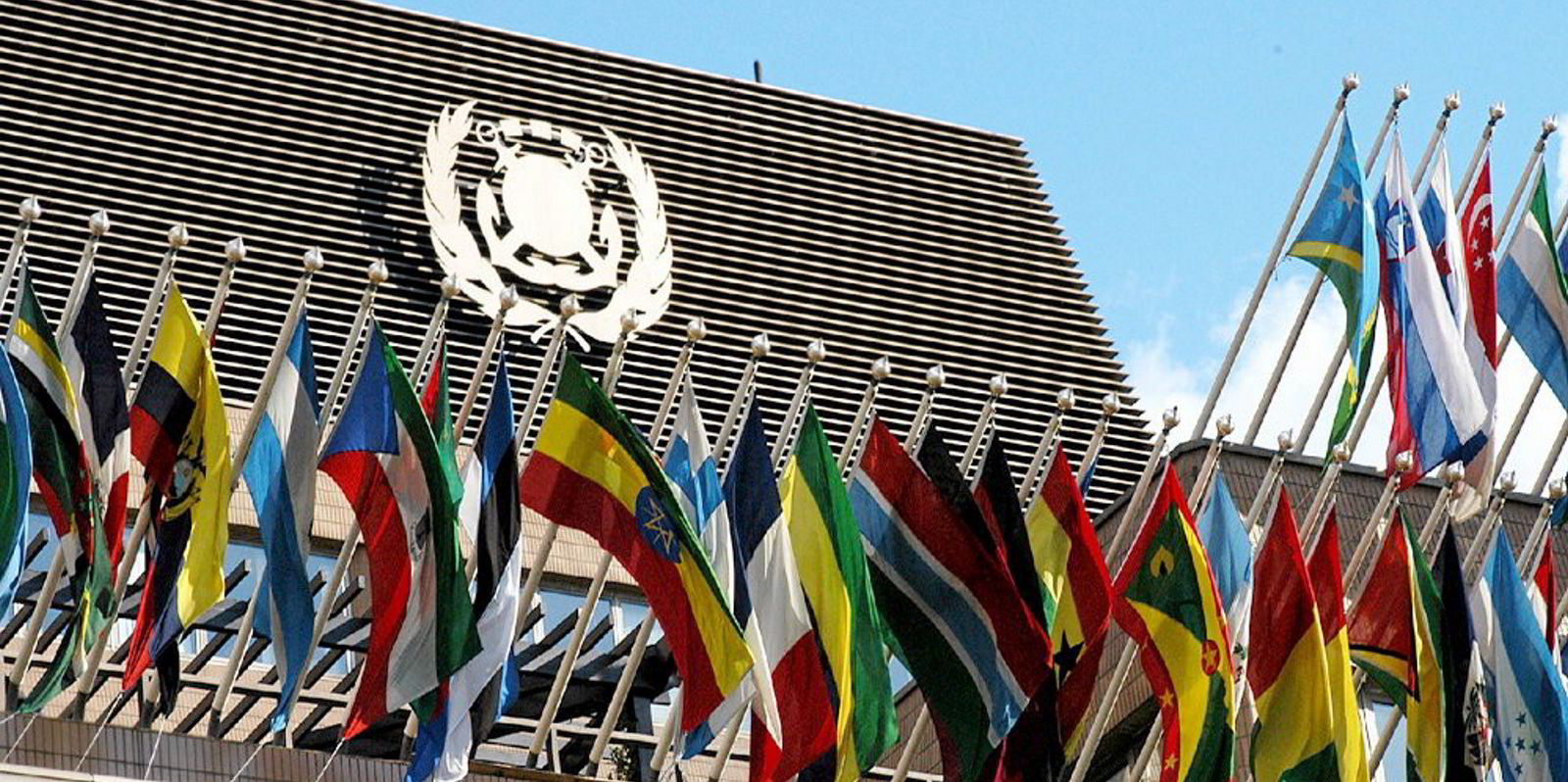Zero-emission vessels and fuels need to be commercially viable by 2030 for the whole shipping sector to decarbonise by 2050, however, the market alone cannot solve this challenge.
New policies are needed, regulating and incentivising shipowners, operators, and fuel providers in a direction that drives investments in scalable zero-emission fuels, technologies, and vessels. And we need to set all sails now.
Over the next year, the IMO’s Marine Environment Protection Committee (MEPC) will meet three times with MEPC 78 from 6-10 June, MEPC 79 in December, and MEPC 80 in mid-2023.
These meetings are scheduled to negotiate and adopt a revised GHG Strategy setting the necessary reduction targets for shipping and ensuring an equitable transition.
During these meetings, governments also have the chance to develop the policies and detailed regulations that will set a price on carbon through a market-based measure (MBM), phase out lifecycle (well-to-wake) GHG emissions from fuels through a fuel standard and agree on a design standard effectively ending the production of vessels solely powered on fossil fuels.
These three elements — the GHG Strategy, an equitable transition, and the combination of economic and technical measures to deliver lifecycle GHG reductions — are highly interdependent and one cannot be developed without parallel development of the others.
The strategy sets the levels of ambition and principles to know what measures should be designed to achieve and by when, and how they could also address the measures’ potential disproportionately negative impacts on states and ensure an equitable transition.
In parallel, detailed development of both economic and technical measures as well as agreement on central elements of an equitable transition would deliver the needed clarity on how to achieve shipping decarbonisation. Clarity that both the public and private sector are in strong need of if the necessary large-scale investments are to be made in due time.
The next year constitutes a great opportunity for governments to get things right. But, at the same time, failing to agree on one issue could jeopardise the whole basket of measures.
It is critical for the credibility and long-term sustainability of our industry that the IMO and its Member States demonstrate progress by adopting regulation allowing shipping to decarbonise in line with the Paris Agreement and public expectations.
At the latest working group meeting in May, Member States and Organizations expressed clear consensus to put a price on emissions. The meeting outcome is a clear and positive step towards having meaningful mid-term measures adopted by 2025 and achieving a 1.5-aligned and equitable transition.
With this in mind, we are calling on the IMO and the Member States to urgently address three priorities over the next three MEPC meetings:
Firstly, the IMO must align international shipping with the Paris Agreement’s 1.5 degree temperature goal by adopting a target of full decarbonisation of international shipping well before 2050. Further, 1.5-aligned interim targets for GHG emissions reduction by 2030 and 2040 as well as corresponding carbon intensity reduction targets should also be adopted.
Secondly, the IMO must adopt a so-called basket of mid-term measures that includes a measure setting an incentivising, sufficiently high price on carbon as well as a well-to-wake GHG fuel standard and an end-date to the production of fossil-fueled only vessels. The price on GHG and fuel standard should be adopted by 2025 in support of the revised GHG Strategy’s levels of ambition. The design requirements for new vessels should aim to enter into force before the end of the decade.
Thirdly, the Strategy and the mid-term measures must support a globally effective and equitable transition to zero emission shipping. Revenue from the MBM could be reinvested in decarbonisation, such as green electricity for marine fuels in all parts of the world, and could also financially support developing countries, especially Small Island Developing States (SIDS) and Least Developed Countries (LDCs), as for example explained by a recent report from the World Bank.
By translating these priorities to policies, the IMO and Member States will create the necessary clarity for industry to be able to take the necessary steps towards full decarbonisation. Decarbonising shipping is possible, but it will require urgent and sustained action by the private sector as well as by governments. Let us move forward together to make shipping a zero-emission industry beneficial to all countries, so we can honestly tell the younger and future generations that we recognised the urgency of addressing climate change and acted accordingly when the window of opportunity was still open.
This article was written by Alexander Saverys, CEO, CMB NV, Ioannis Zafirakis, director, chief financial officer, chief strategy officer, treasurer and secretary, Diana Shipping; Katharine Palmer, shipping lead — UN High-Level Climate Champion; Simon Bennett, general manager — sustainable development, Swire Shipping; Simon Bergulf, director of regulatory affairs, A P Møller-Mærsk; Ingrid Sidenvall Jegou, project director, Global Maritime Forum.
The signatories are all active in the Getting to Zero Coalition. The views expressed are those of the authors alone.




